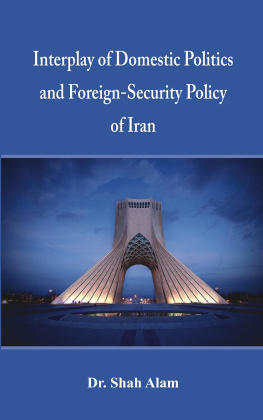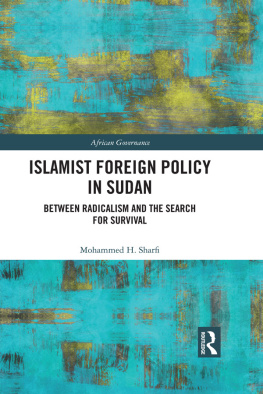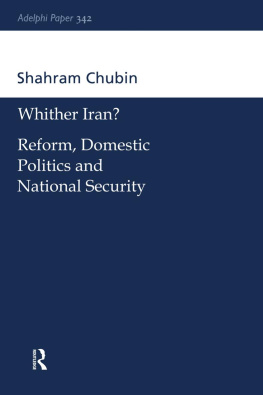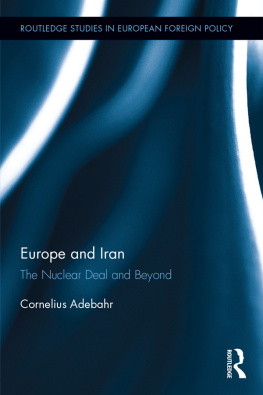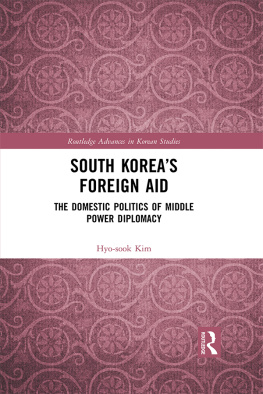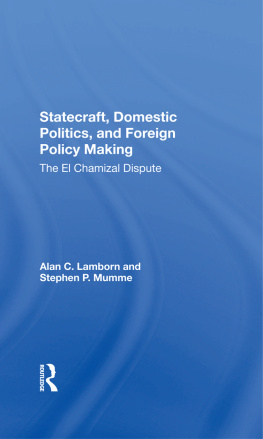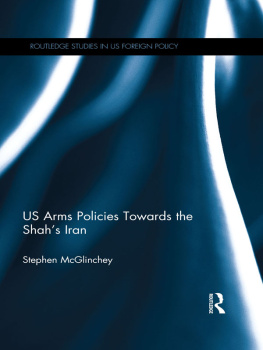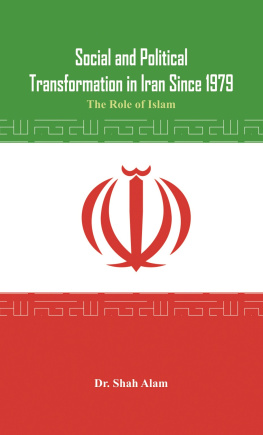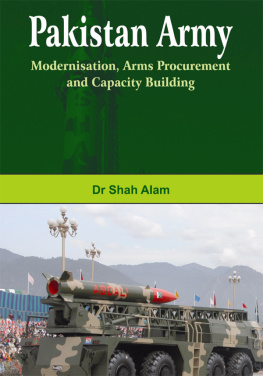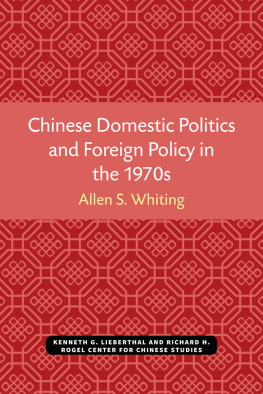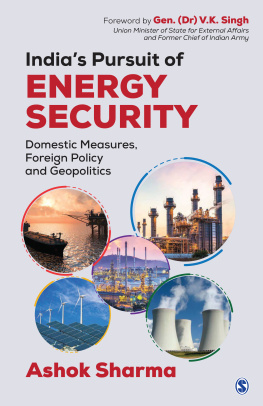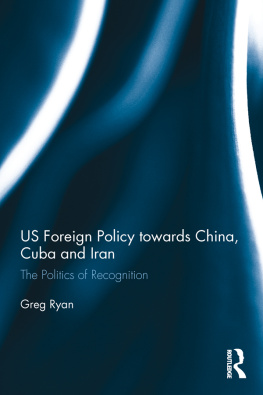Published by
Vij Books India Pvt Ltd
(Publishers, Distributors & Importers)
2/19, Ansari Road
Delhi 110 002
Phones: 91-11-43596460, 91-11-47340674
Fax: 91-11-47340674
e-mail:
Copyright 2016, Dr. Shah Alam
ISBN: 978-93-85563-22-5 (Hardback)
ISBN: 978-93-85563-23-2 (ebook)
Price in India:

795/-
All rights reserved.
No part of this book may be reproduced, stored in a retrieval system, transmitted or utilized in any form or by any means, electronic, mechanical, photocopying, recording or otherwise, without the prior permission of the copyright owner. Application for such permission should be addressed to the publisher.
The views expressed in the book are of author in his personal capacity.
Printed and bound in India
Preface
The Revolution of 1979 completely transformed Iran, domestic situation changed, and religion coalesced with politics. The fusion of religion and politics had profound impact within Iran, and transformed Irans polity, society, and economy. The Revolution replaced monarchy with the clerics-rule. As domestic situation changed, it also set about changes in foreign and security policy of the Islamic Republic. A close relationship was built between domestic politics and foreign-security policy in 1979, which still continues. This relationship between domestic politics and foreign-security policy has corresponding effects within Iran and beyond.
Ayatollah Khomeini transformed Iran in many ways. He not only changed the domestic situation, but also its foreign and security policy. Iran reversed the Shah regimes policies, and ruptured relations with the outside world. The Islamic Republic defined and redefined its security policy as departed from the western security camp. As Iran departed from the western security camp, following the Revolution, the context and connotation of security changed. It built its security apparatus along Islamic line as appears from the formations of ideological forces and indoctrination of the armed forces. It illustrates from the Islamic Republics words and deeds and theory and practice that domestic situation has profound impact over foreign and security policy. Domestic politics and foreign-security policy have a close relationship and are complex as well.
Ayatollah Khomeini had pursued a different style of diplomacy. The Islamic Republic introduced Neither East Nor West as a foreign policy approach. Initially, Iran took hard stance on the issue of relations with the outside world, but later softened its attitude towards the east, and opened relations with selected countries. Irans trade with the outside world affected as a result of its regional and global isolation. Irans external trade declined as it ruptured ties with the outside world. It had negligible trade with the West in the 1980s. The Iran-Iraq War ceasefire in July 1988 paved the way for improvement in relations with the outside world. Irans relations with the outside world began to improve, but could not maintain it to the level of pre-Revolution period due to varieties of reasons.
The demise of Ayatollah Khomeini on 3 June 1989 and change in leadership paved the way in improving Irans relations with the outside world. Iranian leadership sought to recover economy which was shattered during eight years of war with Iraq. Iran sought engagement with the outside world to recover economy with foreign technology and capital. So, President Hashemi Rafsanjani sent conciliatory messages to the world, and pursued rapprochement policy. Iran expressed desire to engage with the world and integrate into it. The action of the West and the United State discouraged the Iranians and added animosity in Irans relations with the West and the US. President Bill Clinton pursued Dual Containment Policy (Iran and Iraq) in 1992, which did not go well within Iran. The US imposed sanctions against Iran in the mid-1990s that further discouraged and alienated the Iranians. Iranian domestic situation was also changing due to growth and activities of political factions.
Irans domestic situation began to change in the absence of Ayatollah Khomeini and various political factions increased their activities. The growth and activities of various political factions were curtailed in the 1980s, in the name of security, since Iran was on war with Iraq. The growing activities of the political factions in the 1990s did not only affect domestic politics but also foreign and security policy. Factional politics in the mid-1990s intensified and took clear shape by the end of 1996. Political polarisation intensified, the Moderates-Reformists Islamists gained popularity, consolidated their position, and won the May 1997 presidential elections. Irans polity was so polarised in 1997 that it vertically split into two blocs the Conservatives-Radicals and the Moderates-Reformists; and gave birth to a bi-polar polity in Iran. The effects of political divisions appeared at Irans foreign and security policy as illustrated in Khatamis pursuit of policies.
Mohammad Khatami made endeavours to improve Irans relations with the foreign countries and adopted measures. He improved Irans relations with the regional countries such as the Gulf countries and Saudi Arabia. Irans relations with the eastern countries improved during his presidency as well. Khatami could not improve Irans relations with the US and enmity between the two countries continued. Domestic political situation was also changing due to Khatamis desire of political and social reforms at home. Alarm bell rung in the Conservatives-Radicals as President Khatami introduced changes in Irans polity and society. The Conservatives-Radicals disliked Khatamis foreign and security policy too. Alignment and realignment began and consolidation of the conservatives solidified. Political factions reorganised, and polarisation intensified in 2004. The Conservatives-Radicals garnered supports in their favour, contested the June 2005 presidential elections, and came out victorious.
Mahmoud Ahmedinejad won the June 2005 presidential elections and reversed Khatamis policies. This impact of political divisions was witnessed in pursuit of Ahmedinejads policies, adopted during his presidency. President Ahmedinejad pursued a different style of diplomacy and its expressions appeared in Irans posture in the 1980s. Ahmedinejads confrontational policy led Iran towards regional and global isolation. Irans isolation and sanctions one after another adversely affected Irans economy and trade. Iranian economy suffered due to economic sanctions and people faced economic hardship. The popularity of the Conservatives-Radicals gradually declined and political alignment and realignment began. The Moderates-Reformists gradually consolidated and gained popularity. The growing popularity of the Moderates-Reformists and their consolidation rose expectations to win the June 2013 presidential elections.
Hassan Rouhani got support of the Moderates-Reformists and won the June 2013 presidential elections, even though he belonged to the conservatives. He was considered as a moderate by the Moderates-Reformists and they extended support to Rouhani in order to halt the conservatives hardliners prospect for wining the June 2013 presidential elections. President Rouhani pursued engagement policy in his foreign and security policy approach as well as in the domestic policy. President Rouhani with the consent of Ayatollah Khamenei started negotiations with the P-5 +1 (US, Britain, France, Russia, and China + Germany) on Irans nuclear programme and reached an agreement on 14 July 2015 which was halted during Ahmedinejad presidency. It appears that President Rouhani has brought changes in the realm of security policy. Irans foreign policy also witnesses changes.

 795/-
795/-
